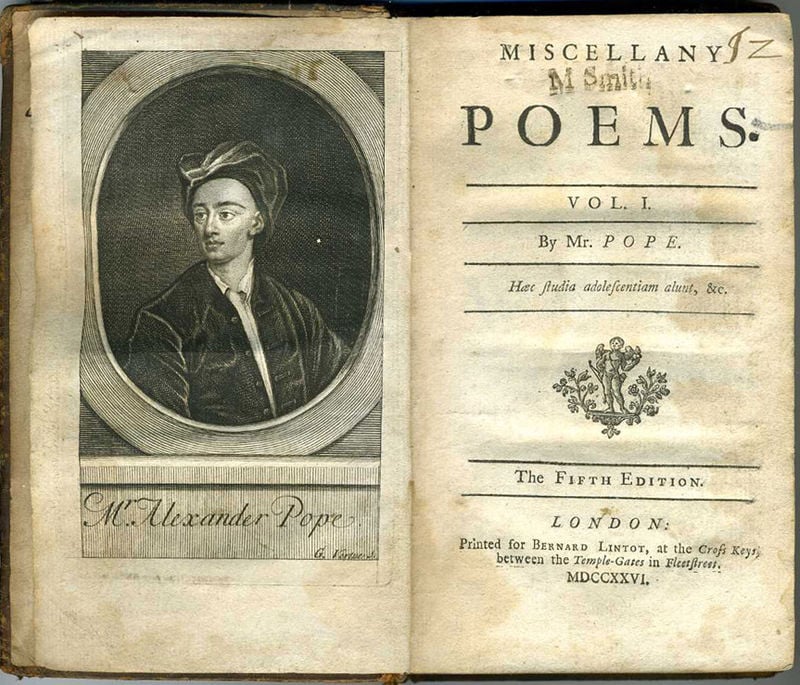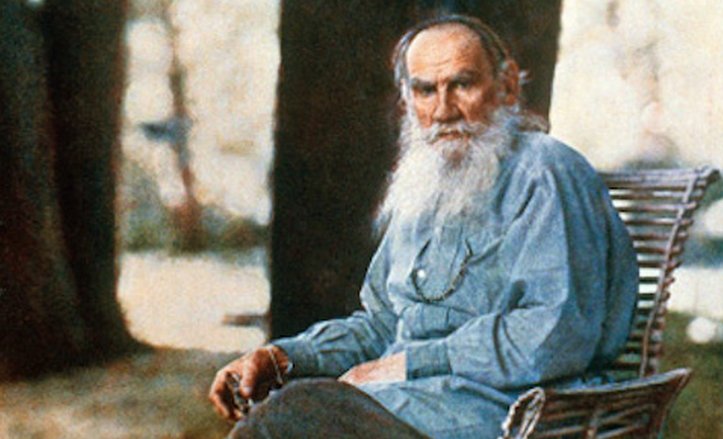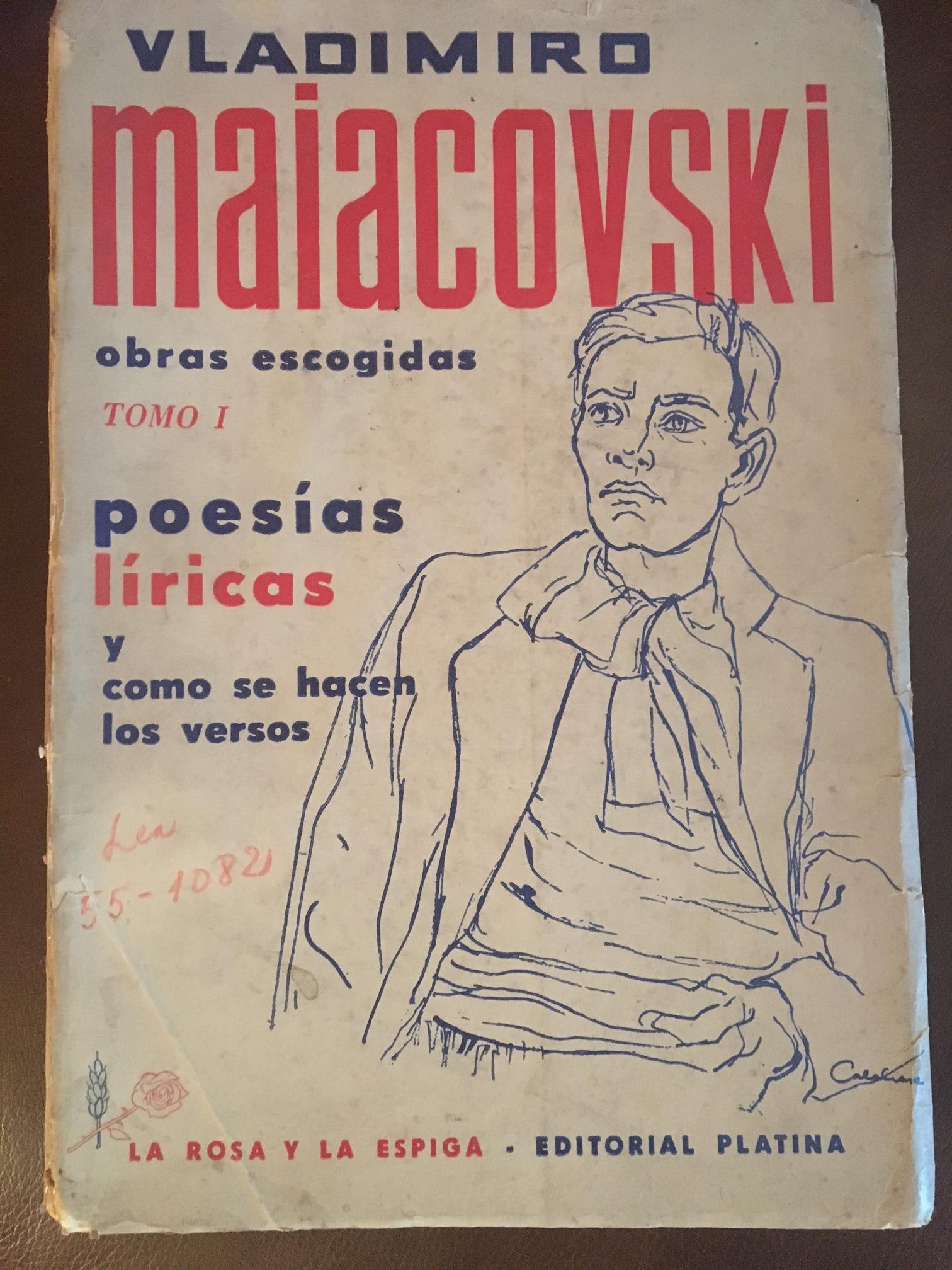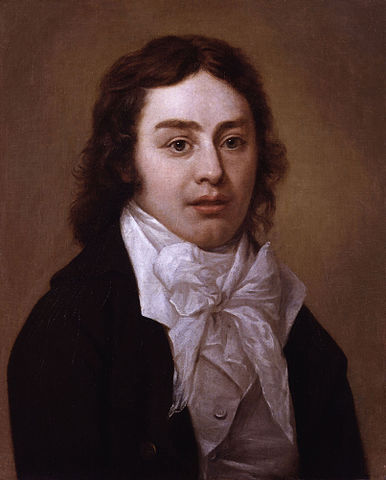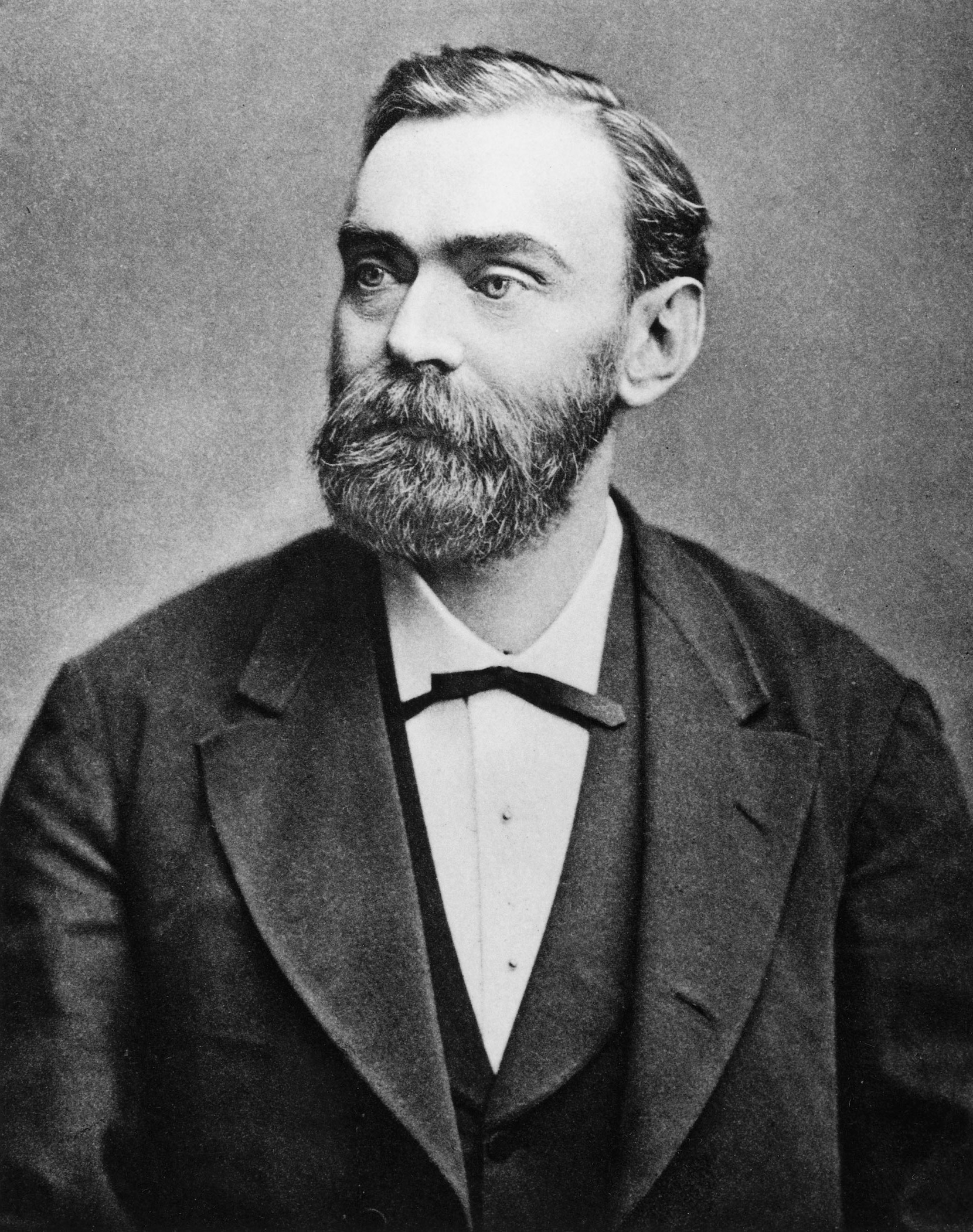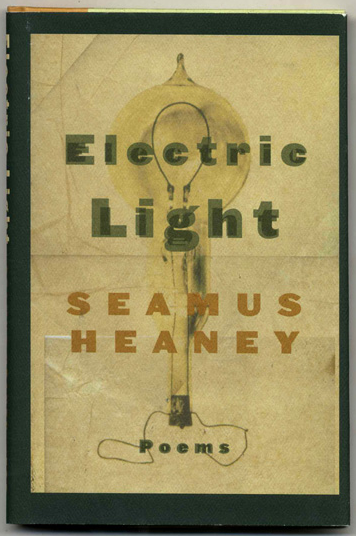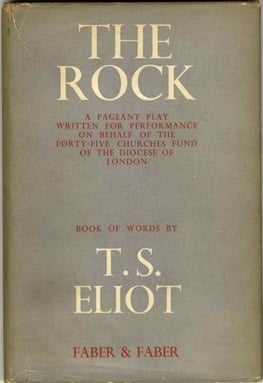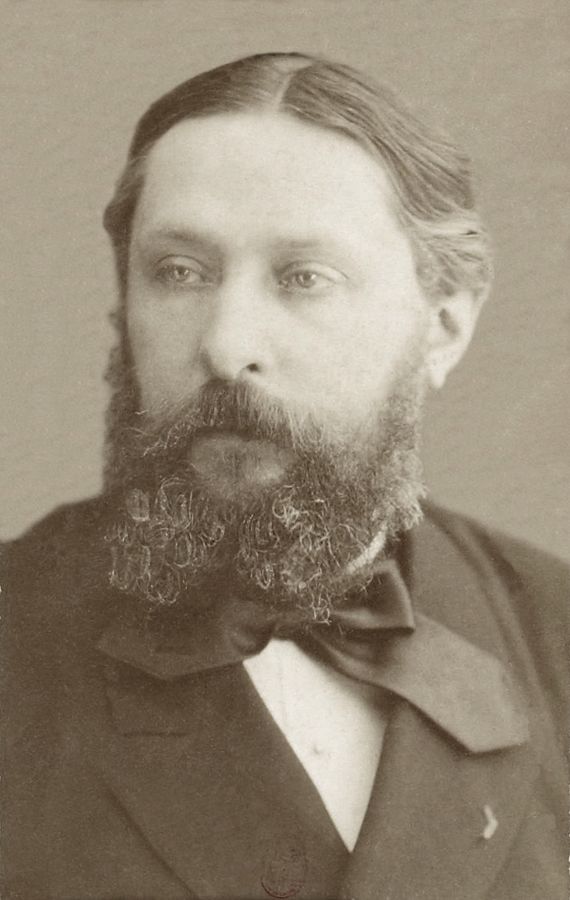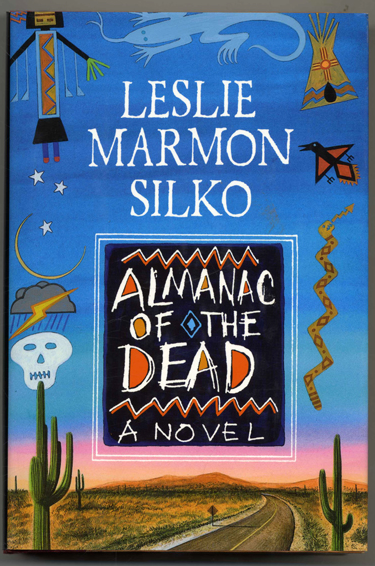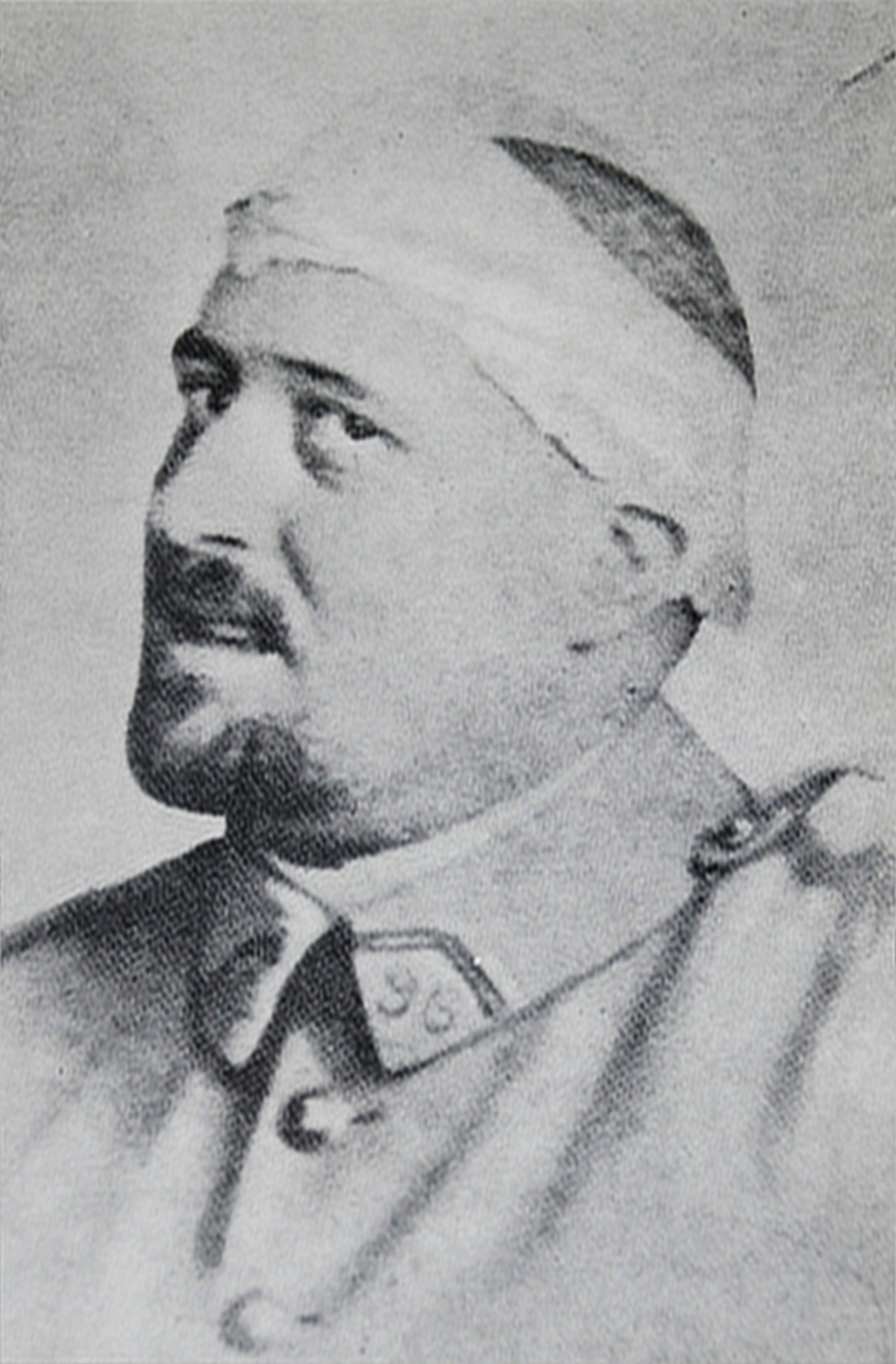The written word has a long history of conveying our greatest passions. And poetry, in particular, has often been the chosen vehicle to express such feelings as love, hate, disillusionment, and snark. Poetry has looked different in different times, but no matter its form, it never ceases to convey a striking snapshot of the world surrounding it. Perhaps it is poetry’s economy of letters—that which requires the great poetic masters to pack more punch in, typically, less space—that makes it such an enduring form. It does, after all, hold immense power. Today, we’d like to explore a particular moment in history—the eighteenth century—and the poets who populated it.
us toll free: 1-800-948-5563 international: +1 (843) 849-0283 UK: +44 (0) 1334 260018




